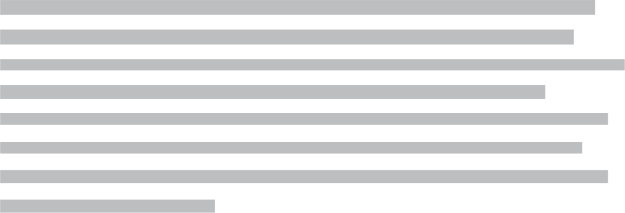All official European Union website addresses are in the europa.eu domain.
See all EU institutions and bodies65% of EU citizens recognize the impact of environmental issues on their daily lives, are concerned about increasing waste generation, and are willing to take personal steps to reduce waste. In general, they support paying more for products that align with the principles of the circular economy.

Environmental issues are a top priority for citizens in the European Union. In 2024, over three-quarters of Europeans (78%) acknowledge that environmental problems directly impact their daily lives and health—a sentiment consistent with previous years (light blue line – environmental awareness).
The growing amount of waste remains a significant environmental concern, and the circular economy is widely seen as the most effective solution to these challenges (dark green line – concerns over waste issues).
As part of embracing a circular economy, around two-thirds (66%) of Europeans support waste reduction by properly sorting their waste for recycling, a level of commitment that has remained strong since 2007 (dark blue line – recycling habits).
There is also a considerable willingness among Europeans to adopt more sustainable consumption habits. Nearly six in ten respondents in 2024 are willing to pay more for products that are easier to repair, recyclable, and produced sustainably (yellow line – willingness to pay for sustainable products). However, this share has slightly declined from 72% in 2007 to 59% in 2024, potentially due to higher inflation rates, which have reduced households' financial capacity to afford sustainable products.
The blue dotted line shows the average over all four trend lines highlighted above (each of the four thematic areas is weighted with 25%). According to this aggregated score, in 2024 about 65% of EU citizens recognize the impact of environmental issues on their daily lives, are concerned about increasing waste generation, and are willing to take personal steps to reduce waste and support paying more for products that align with the principles of the circular economy (number highlighted in the indicator tile).




